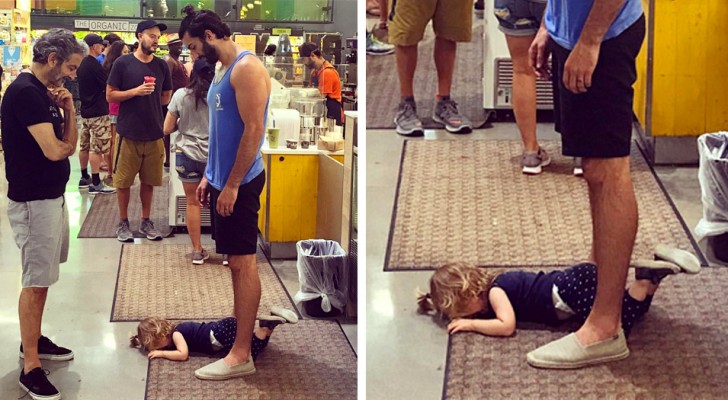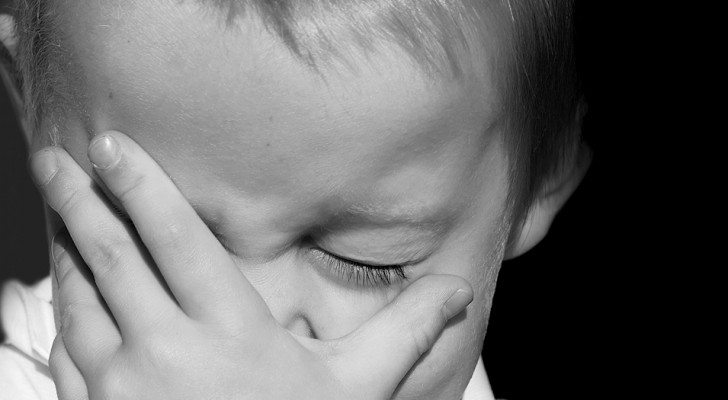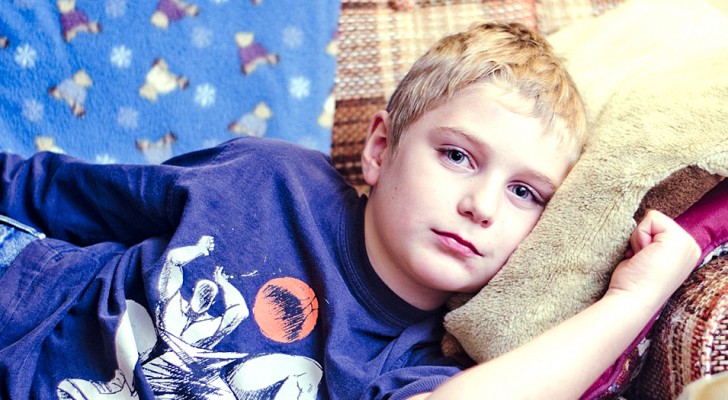Grandparents should never have a favorite grandchild: differences can cause profound trauma
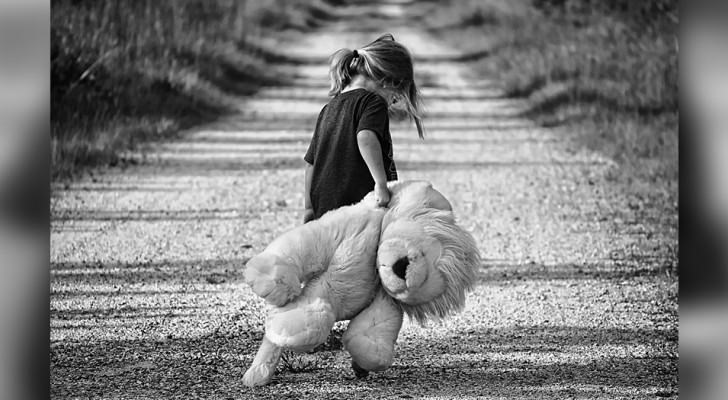
The relationdhip between grandparents and grandchildren can be a wonderful one, a very precious resource in the life of those who have had the good fortune to be able to meet these "second parents". Love, attention and - perhaps - some "extra" concessions compared to fathers and mothers: grandparents can give all this and for children, teenagers and adults they truly represent a fundamental point of reference.
In families all over the world, however, everything does not always go as it should, and it is not uncommon for affections and attentions to be distributed in the wrong or inappropriate way. These are situations that probably many have had to deal with. What are we talking about? Of the unfortunate cases in which grandparents choose a favorite grandchild, almost ignoring the others.
via Express.co.uk

Unfortunately, it is useless to hide it: such dynamics in the family can happen, and can happen quite frequently. Tending to have different relationships - more or less close - according to the family members is a fairly normal thing, but these differences must never become excessively marked, especially when it comes to children, grandchildren in this case.
The reason is simple: if a child sees that his peer is literally showered with attention by an important figure such as that of a grandfather or grandmother, he can experience a great and deep emotional pain, such as to become, day after day, unsustainable. It is certainly not the responsibility of the child if a grandfather has a favorite grandchild, but often, for the little ones, this is difficult to understand. Thus, different treatments lead to closures and distance between the relatives.
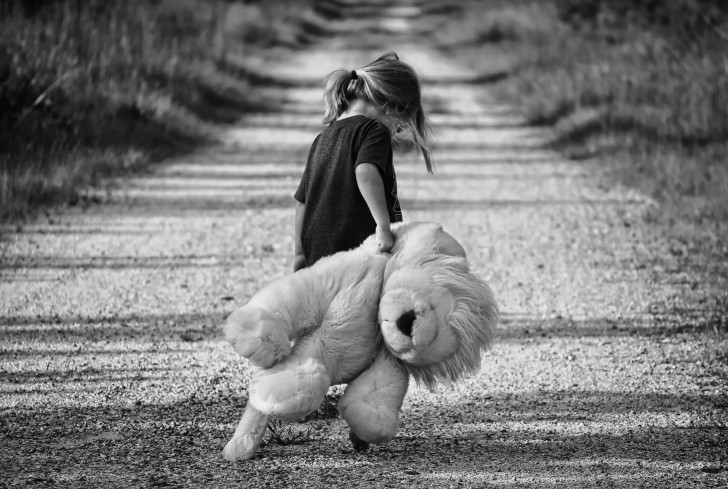
All of this, as in many other cases of great or small emotional trauma suffered during childhood, can inevitably affect the future stability and serenity of grandchildren. It should therefore be the responsibility of the adults - grandparents or parents - not to create differences and preferences and, if this happens, the best thing is always to intervene, trying to clarify and express their feelings clearly.
First and foremost, the child's parent should do so, although they should also expect to receive outraged responses or denials from grandparents. It is true: it is not simple, but it can prove very useful to bring to light anger and disagreements that, in the long run, would only get worse.

Children have nothing to do with it and often, behind such behavior, there can be differences between grandparents and their children. Being an adult and mature, after all, also means having the courage to confront: a difficult attitude, but at the same time precious for our psychological well-being and the people we love.
- http://www.essentialbaby.com.au/just-for-you/relationships/how-to-deal-with-grandparent-favouritism-20161109-gsle3c
- https://www.washingtonpost.com/lifestyle/style/carolyn-hax-if-someone-clearly-favors-one-child-what-should-the-parent-do/2013/10/16/2cd6d69c-2ade-11e3-b139-029811dbb57f_story.html
- https://www.parentmap.com/article/grandparent-favoritism-what-to-do
